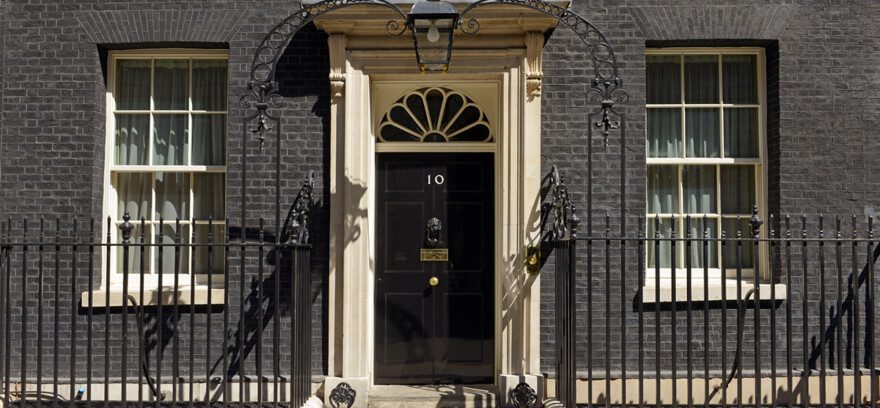UK markets made marginal gains after another week of political chaos, with the FTSE 100 Index rising by 0.5% to trade at 6,890 points at the time of writing.
Prime minister Liz Truss announced her resignation on Thursday afternoon after 44 days in post, a time that saw markets revolt against a plan to stimulate growth with unfunded tax cuts. Truss’ exit had little effect on the FTSE 100 Index, while sparking a brief rally in the pound.
Markets will now be looking for a more balanced budget and political stability for the UK from the next prime minister. Rishi Sunak has emerged as the early favourite, with Boris Johnson, Penny Mordaunt, Ben Wallace, Suella Braverman and Kemi Badenoch contending for the role at number 10.
Retail sales in the UK fell further than expected during the month, dropping by 1.4% in September, with rising prices and the cost of living weighing on consumer spending. The yield on Britain’s 10-year gilt rose back above 4% on Friday, amid concerns over slowing economic growth, rising borrowing costs and high inflation.
The Bank of England also announced earlier this week that it would begin selling some of its huge stock of government debt on November 1st. However, the UK central bank won’t sell any longer-duration gilts which were at the epicentre of a recent storm that threatened pension funds. The Office for National Statistics revealed that Britain borrowed £20 billion in September, more than the £17.1 billion expected.
Commodity markets
In the commodity markets, Brent crude futures traded around $91 per barrel on Friday and are down approximately 2% so far this week, after a period of conflicting supply and demand factors.
Oil prices came under pressure earlier in the week after the US announced that it would release 15 million barrels of oil from its emergency reserves to bring down high petrol prices. However, escalating European Union sanctions on Russian crude, along with OPEC+’s decision to reduce output by 2 million barrels a day from November, countered those efforts.
Top oil importer China is reportedly considering to cut the quarantine period for visitors, which would be a welcome development, amid concerns about the economic impact of the country’s Covid management.
Gold prices traded around $1,625 an ounce on Friday, approaching the lowest levels seen since April 2020, weighed down by a strong dollar and surging Treasury yields – amid expectations that the US Federal Reserve will need to continue with its aggressive interest rate policy to bring down inflation.
US equity futures
US equity futures continued their decline on Friday, weighed down by heavy losses in digital advertising-based technology companies, after Snap Inc’s quarterly report disappointed markets. The tech heavy Nasdaq fell nearly 0.9%, whilst the S&P 500 fell by 0.6% and the Dow Jones Industrial Average shred 0.4% in early morning trading.
All three major US averages traded lower in Thursday’s regular session after persistent worries about inflation and fears that the Federal Reserve would need to stay aggressive.
The US 10-year Treasury yield, a benchmark for borrowing costs worldwide, approached 4.3% on Friday, the highest since June 2008. Philadelphia Federal Reserve President Patrick Harker said on Thursday that the US central bank is not done with raising its short-term rate target, amid very high levels of inflation, while adding it was likely that the central bank will find space next year to pause the tightening process and take stock of how its rate increases are impacting the economy.
As a result of the current inflation situation, the Federal Reserve is actively trying to slow the economy and given the lack of progress in curtailing inflation it is expected that rates will be well above 4% by the end of the year.
The information provided in this communication is not advice or a personal recommendation, and you should not make any investment decisions on the basis of it. If you are unsure of whether an investment is right for you, please seek advice. If you choose to invest, your capital may be at risk and the value of an investment may fall as well as rise in value, so you could get back less than you originally invested.
